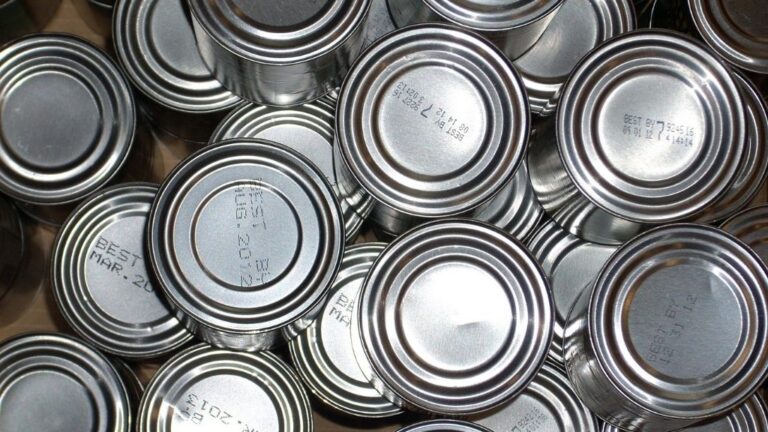The 2030 Agenda for Sustainable Development is calling for halving the global food waste. Although high-income economies are generally assumed to display more wasteful patterns, food waste hits the Global South the hardest.
Today, an estimated one third of all food is wasted. The World Resource Institute argues that developing countries may experience higher food waste because of poor infrastructure addressing the issue. Also, The Organization of Islamic Cooperation claims that due to marketing, food waste starts at supermarkets rather than at home. Considering recent supermarket expansion in the developing world, there is certainly a role for them beyond mere food access and availability.
Typical approaches to food waste reduction at retail level include improved cold storage, consumer campaigns, redistribution to grocery outlets, donations to food banks, etc. These solutions may need adjustment to the developing context. It has been argued that campaigns do not benefit food-insecure people as much as targeted re-distribution. Without completely discarding campaigns, supermarkets can educate consumers on date coding. An estimated 20 percent of good food is wasted because of confusion around expiration dates, due to the variety of terms used such as “best before”, “sell by”, “eat by”, “expires on”, and many more. A relevant recommendation would be using simplified wording in which the language is adapted to the regional context.
Another approach involves food banks, which are widely present in Latin America but almost absent in Africa and South-East Asia. Food banks can be a valuable business-to-business solution in managing supermarket waste and associated costs. Apart from just donating the unmarketable food, supermarkets can also provide financial and logistical support to food banks’ operations and thus take on more social responsibility role in addressing food insecurity.
Indeed, given its complexity, the food waste issue cannot be tackled alone. Therefore, supermarkets have a role in seeking collaborations across a wider range of actors, including businesses along their own supply chains and governments through public-private partnerships. This is relevant especially for the stability dimension of food security, where private businesses are seen as critical partners in sharing data on their planned food supplies, available food in stocks, their storage capacities, and input for price stability. Worth mentioning are also the various innovative solutions that supermarkets can come up with or adhere to. Examples include food redistribution apps such as “Olio” working worldwide or “No Food Waste” in India, used by businesses and consumers alike.


